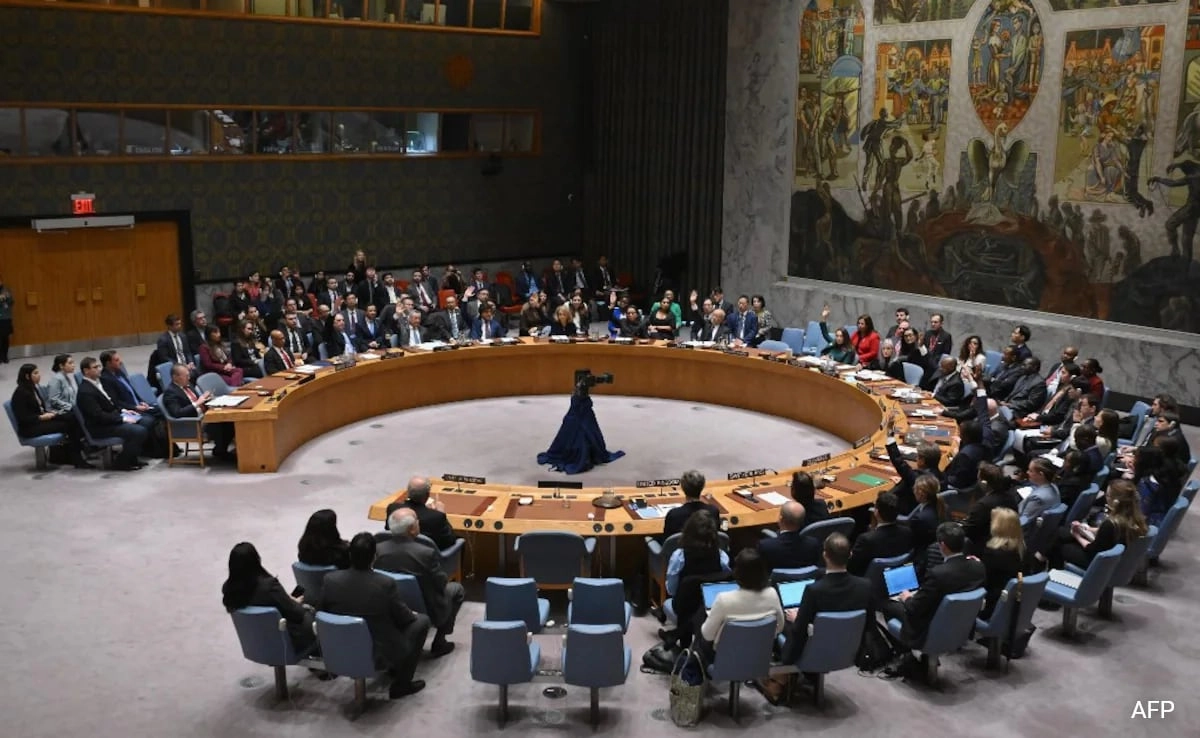The ongoing trade tensions between the United States and China have escalated into a war of words, with both nations exchanging sharp critiques at the United Nations. The discourse has become increasingly heated as representatives from each country accuse the other of engaging in aggressive and harmful economic practices. The U.S. has characterized China’s actions as tantamount to bullying and blackmail, alleging that Beijing employs coercive tactics to undermine fair trade and economic stability. Simultaneously, Chinese officials have countered these claims by asserting that the U.S. is the one acting unjustly, accusing it of using its economic power to intimidate and coerce China into submission.
This exchange of barbs at the UN reflects broader geopolitical tensions that have intensified over recent years, particularly as both countries seek to assert their dominance on the global stage. The trade war, which began in earnest during the Trump administration, has seen tariffs and counter-tariffs imposed, affecting not only the two nations involved but also the global economy. The UN platform offers a stage for both sides to articulate their grievances and rally international support. However, the rhetoric has only served to deepen divisions, with each nation firmly entrenched in its viewpoint.
As the situation unfolds, the potential for diplomatic resolution seems increasingly remote. The accusations of bullying and blackmail highlight the underlying mistrust that characterizes U.S.-China relations. Economic interdependence complicates the dynamics, as both countries rely on each other for trade and investment, yet find themselves in direct competition for technological and strategic superiority. The ramifications of this conflict extend beyond mere tariffs; they encompass issues of intellectual property theft, market access, and national security, creating a complex web of challenges that both nations must navigate.
Moving forward, the international community watches closely as both the U.S. and China grapple with their economic policies and diplomatic strategies. The outcome of this trade war could have lasting implications not only for the two nations involved but also for global trade norms and international relations. As each side continues to assert its position at forums like the UN, the hope for constructive dialogue and resolution becomes increasingly pivotal, yet remains a daunting task in the face of escalating tensions.




